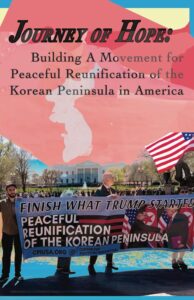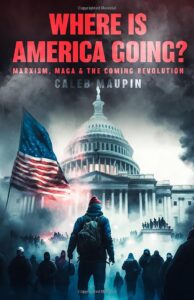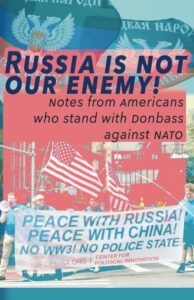Your browser is not compatible with this application. Please use the latest version of Google Chrome, Mozilla Firefox, Microsoft Edge or Safari.
The Philippines Should Not Fall into the Trap of Being the Next Ukraine
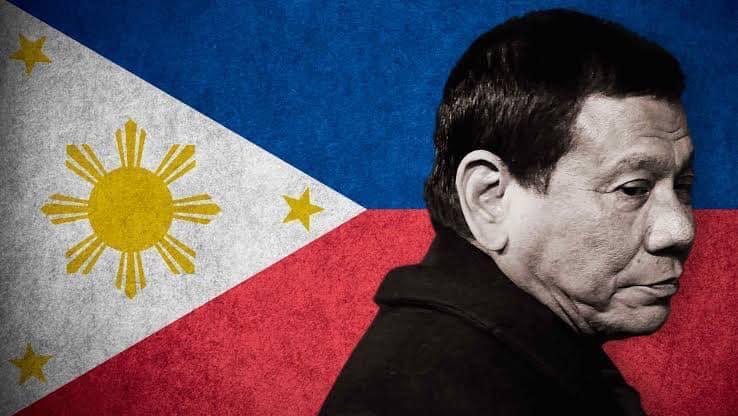
The drums of war are getting louder in Asia, and the Philippines are at the forefront. Nine “temporary” US military bases have been recently established in various islands of the country, and US-Philippine military exercises have started in the South China Sea. Many tense encounters have already occurred between Philippine and Chinese vessels.
How did this happen? First, the Philippines was a colony of Spain for 300 years, and after Spain was defeated by Filipino revolutionaries, they sold the colony to the USA for $2 million. A brutal war for independence ensued, but the Filipinos unfortunately lost and their country became a US colony. Even after being granted formal independence, the Philippines was never truly free, as the US immediately placed permanent military bases on its territory — until those bases were kicked out in 1991.
Despite the closure of US military bases, the US did not release the Philippines from its clutches with economic, academic and military treaties and agreements that kept the Philippines a vassal state.
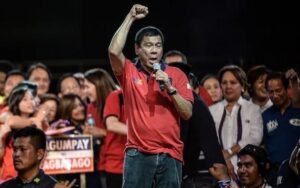
Then Duterte, mayor of a far-flung city in the neglected island of Mindanao, won a surprise victory to become president of the Philippines. He was tough on drugs and tough on American meddling in his country. He wanted the EDCA sites (temporary US military bases) and US-Philippine military exercises cancelled, but he was forced to change his policy in order to receive Western vaccines during the pandemic. He still pulled the Philippines towards neutrality by making it closer to China. The country benefited significantly from these efforts, with massive infrastructure development and business investments. Duterte imposed a status quo policy in the South China Sea to keep the peace.
However, things changed under the next president, Marcos Jr . He won the presidency of the Philippines after attaching himself to the popular Duterte name. Marcos Jr. promised he would continue Duterte’s policies, including the foreign policy of “Friends to All, Enemies to None.” However, once in power, he shifted 180 degrees and now favored the Americans over China, allowing additional “temporary” military bases all over the country. Various officials underneath him were now encouraged to speak against China and spark a conflict in the South China Sea. In addition, Marcos Jr. and his minions were now pushing for Constitutional Charter Change for “economic reasons,” but critics suspect is simply intended to let him to stay in power indefinitely. Underlings of Marcos Jr. began openly considering letting the ICC into the country to prosecute former president Duterte for his War on Drugs.
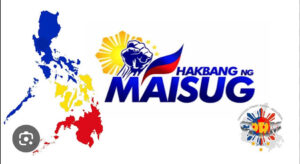
Duterte, despite being officially retired, was now forced to lead a movement calling out Marcos Jr. to keep his campaign promises, protect the constitution by not allowing an extension of his term, and prevent a war with China. The movement was called Hakbang ng Maisug (A Step of Courage) and held multiple rallies in various cities in the Philippines. Marcos Jr. retaliated by forcing local officials to cancel upcoming rallies and block the venues with huge trucks. Because of this, the movement expanded abroad and held rallies with Overseas Filipino Workers (OFW) in Hong Kong, New York and Japan, with upcoming rallies planned in Germany, Italy, Austria, France, and Canada.
Sinophobia and adventurism in the South China Sea are now being openly promoted by traditional politicians in the Philippines. Local officials who spoke against Marcos Jr have been suspended left and right. Battalions of police in full battle gear recently raided the church of a pastor who was an avid supporter of Duterte. Fascist tactics had begun reminiscent of Marcos Jr.’s father, the late dictator Ferdinand Marcos. All signs point to the Philippines becoming the next Ukraine, especially with Marcos Jr.’s recent warm welcome of Ukraine’s martial law president, Zelensky.
Will Duterte’s movement prevent World War 3? Will the Filipino people wake up and finally realize their unfinished revolution? People in the Philippines and all over the world should hope so.






